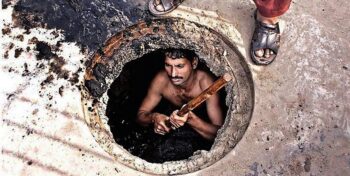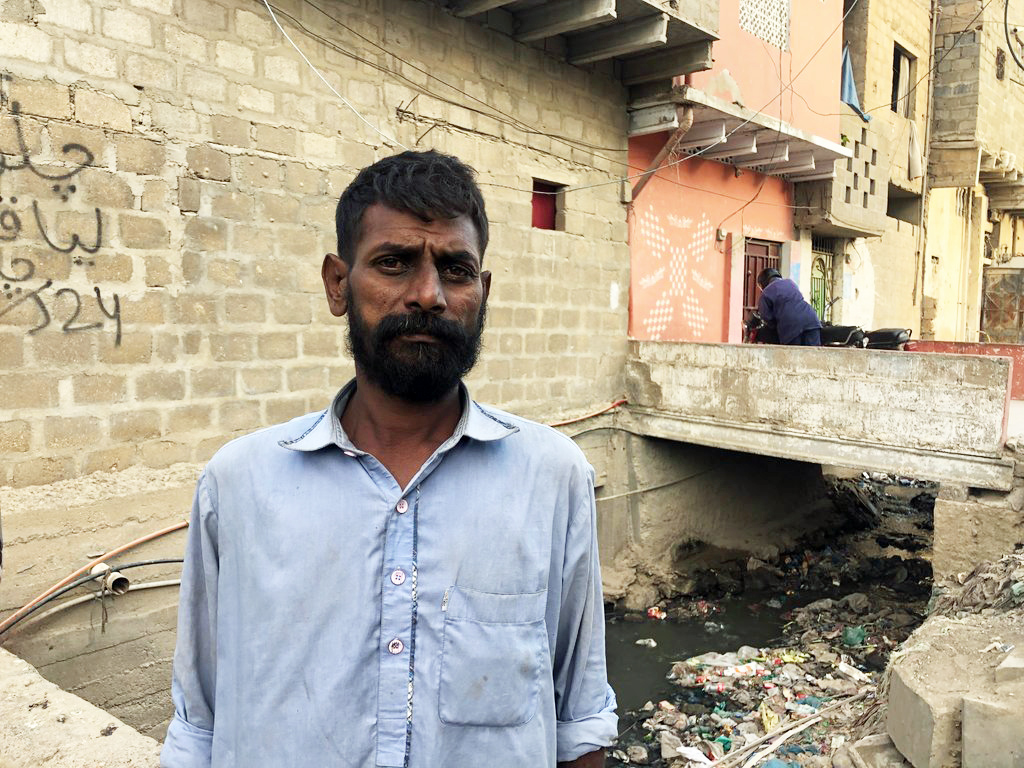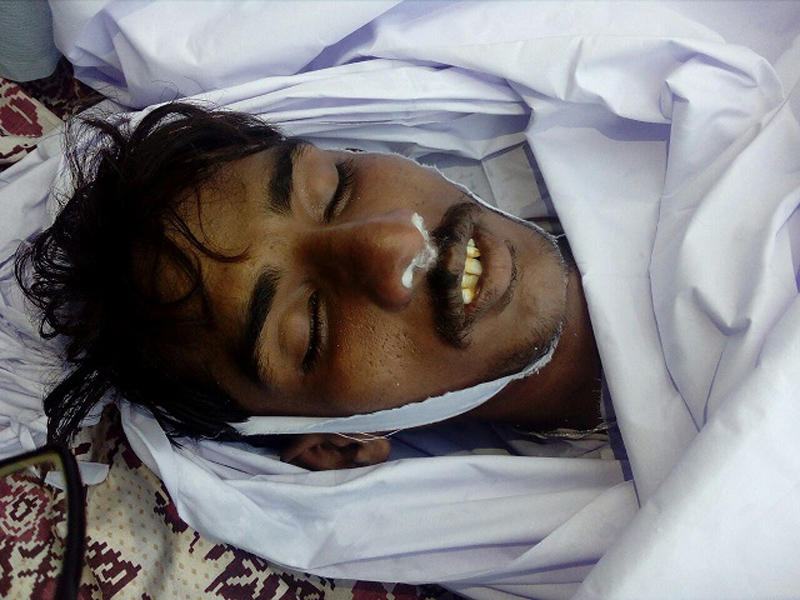By Mark Ellis —

Jamshed Eric lifts up a prayer to Jesus for protection before he descends below Karachi’s streets to clean out sewers with his bare hands. He’s been hired to clean three sewers for $6.
He has no mask or gloves to protect him while he works underground. “It is a difficult job,” Eric told The New York Times.
When he returns home, the smell he’s picked up during the day lingers on him. “When I raise my hand to my mouth to eat, it smells of sewage,” he said.
When Pakistan was formed in 1947 as a home for the region’s Muslims, a new, informal caste system was born wherein Muslims gained ascendancy.
Last year, the Pakistani military placed newspaper ads for sewer cleaners with the requirement that only Christians should apply. After activists protested, the religious condition was removed, according to The Times.
Cities across Pakistan rely on Christian sewer cleaners. In Karachi, sewer cleaners use their bare hands to unclog crumbling drainpipes of feces, plastic bags and hazardous hospital waste, part of the 460 million gallons of sewage the city’s 20 million residents generate every day.
While Christians make up only 1.6 percent of Pakistan’s population, they fill about 80 percent of the sewer cleaning jobs, according to The Times.
When Karachi’s authorities attempted to hire Muslims to unclog gutters, they refused and the job was left to Christians like Eric, some refer to as “choora,” or dirty.
Christian workers like Eric often develop skin and respiratory problems because of constant contact with human waste and toxic fumes. Many die prematurely.
“I have seen death from very near,” sewer cleaner Michael Sadiq, a Christian, told The Times. “This work has become so dangerous that I need to find a way out,” he said.

Last August, Sadiq and his relatives, Rafiq Murad and Riaz Masih, sweepers for the city of Karachi, were relaxing on their day off when they received an emergency call.
Sadiq was the first to descend into a sewer 18 feet deep with a rope tied around his waist. “As he cleaned the detritus, a flood of putrid black water carrying sand, stones, sludge and a swarm of gases swept him away,” according to The Times.
“Mr. Sadiq scrambled into the sewer to save his cousin but was overwhelmed by the toxic mix and fainted. Mr. Masih followed to help his cousins, but the fumes asphyxiated him, his lifeless body swept away without a struggle.”
While Sadiq and Murad were rescued, Masih was buried so deep an excavator worked four hours to extract his body, buried beneath the sludge.
Two months after Masih died, two more sewer cleaners died on the job a few miles away. Another sweeper died at the beginning of May, 2020. Doctors often refuse to treat them because they are seen as unclean.

Eric hopes his son will have a better life. “After hearing of the deaths in the gutters, I think about what will happen to my family if I die,” he told The Times. “But Jesus Christ will take care of them.”
“I don’t care about my life as long as I can provide my family with a decent living.”



